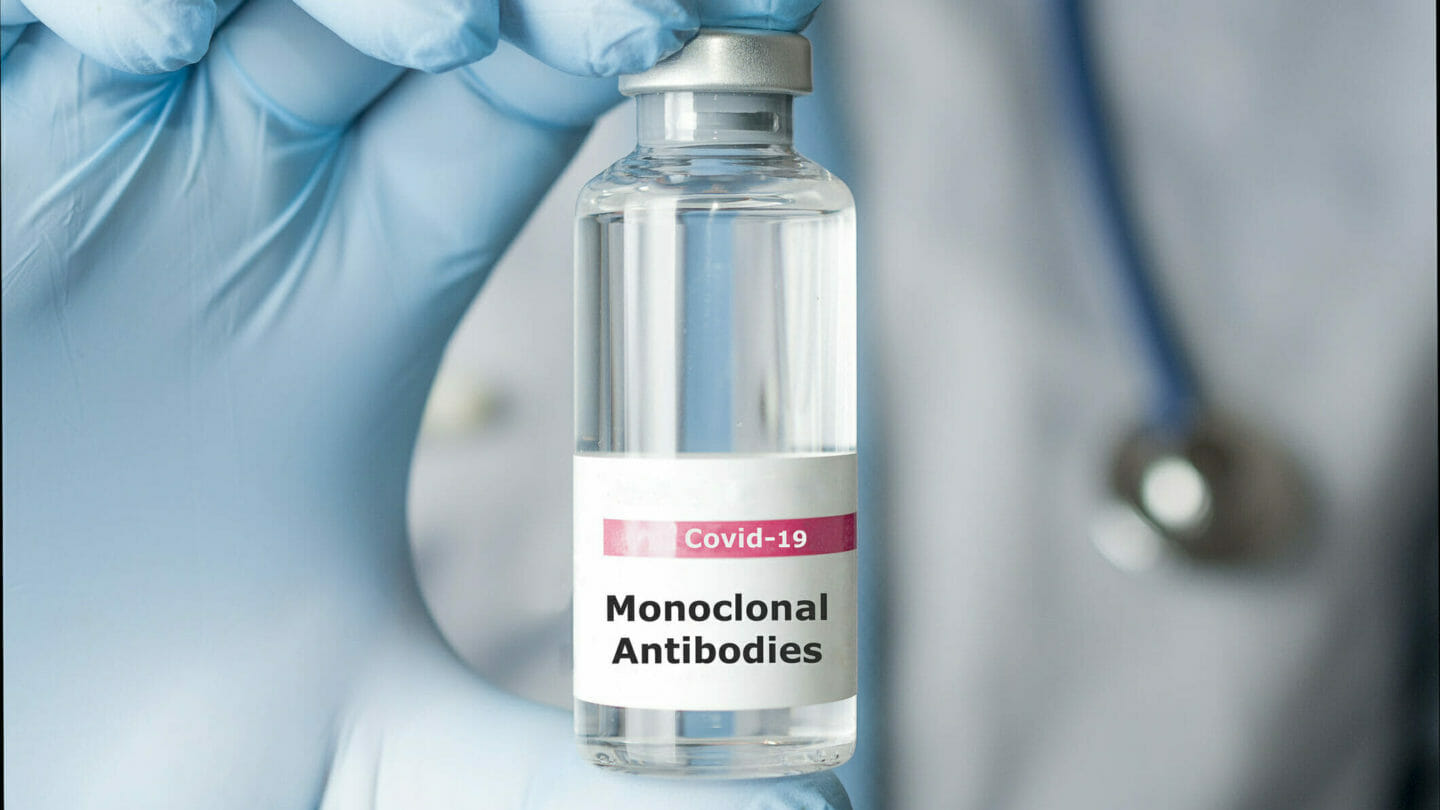
An independent advisory panel to the US Food and Drug Administration on Monday gave the green light to Eli Lilly’s experimental Alzheimer’s drug donanemab. The FDA should vote on approval later this year, STAT reported.
Donanemab, which is made by Eli LIlly, will compete with Eisai’s drug Leqembi if approved by the FDA. Both drugs are made to remove beta amyloid plaques from the brains of people who have early Alzheimer’s disease.
The 11 committee members unanimously voted that the drug was effective, and also unanimously voted that the drug benefits outweigh the risks associated with it.
The move comes after the FDA asked for an independent team to weigh in on whether or not the drug should receive approval. The FDA typically follows the recommendations of the advisory panel.
Donanemab is a monoclonal antibody that’s aimed at slowing down progression of the disease.
The experts were asked to discuss if the trial data shows that there are benefits of taking donanemab to slow down cognitive decline in patients with early stages of the disease. Some people enlisted in the trial testified about the positive effects of using the drug.
During the meeting, Jim Taylor, president of the advocacy organization Voices of Alzheimer’s, endorsed the drug. “We have experienced the benefit of additional years in the mild stage of the disease,” said Taylor during meeting. His wife has Alzheimer’s disease.
Three people in the donanemab trial died from complications linked to the treatment. The drug, like Leqembi, can have potentially fatal side effects such as bleeding and brain swelling. When Leqembi was approved by the FDA, the agency added a strong warning alongside the medication label detailing those adverse effects. The agency has already said that donanemab would get a similar warning if approved.
“From the beginning, safety has been a concern with these new anti-amyloid monoclonal antibodies,” Joshua Cahan, MD, a neurologist at Northwestern University Feinberg School of Medicine, told Reuters.
Sales of the drug will be approximately $631 million next year, according to analysts.




